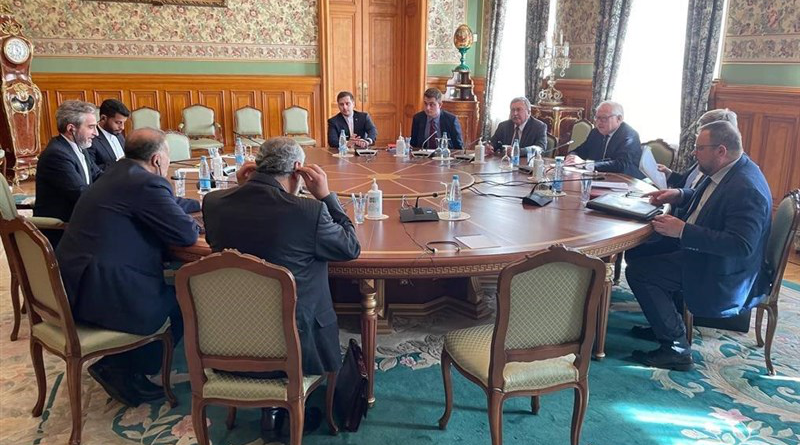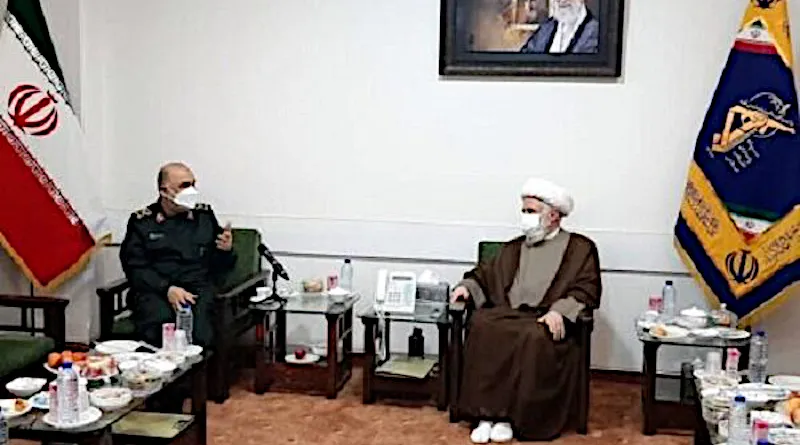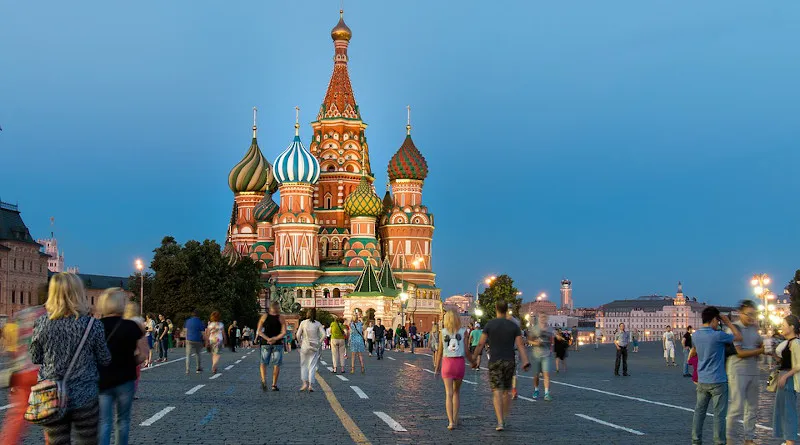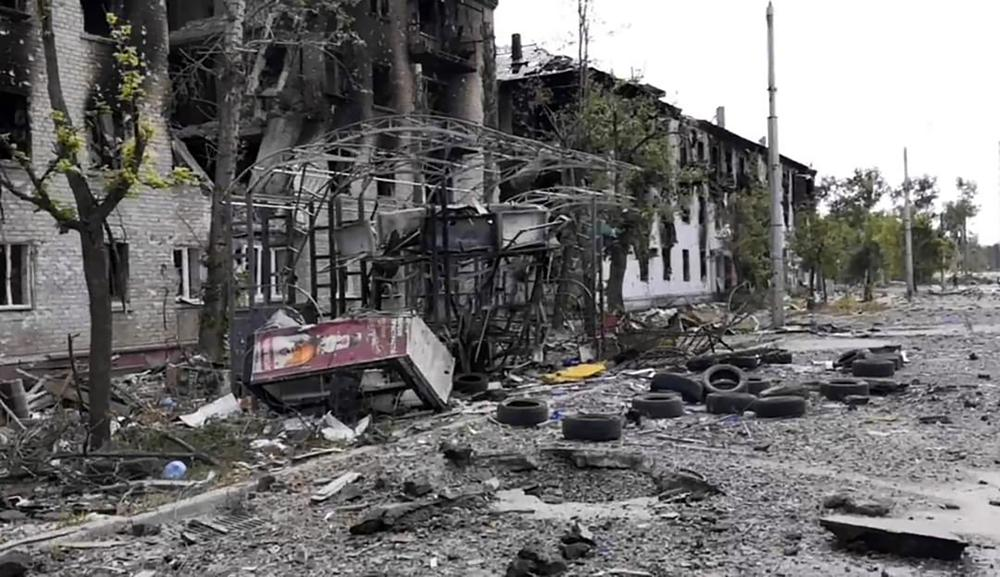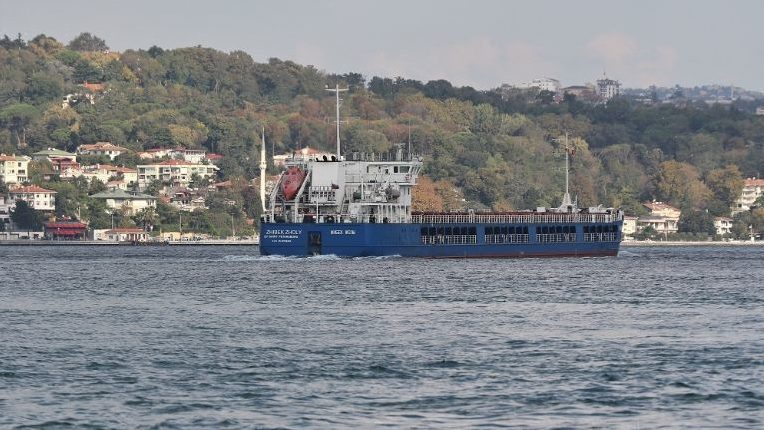The Woke Inquisitors Have Come for the Freethinking Heretics

Once governments normalize censorship and the punishment of points of view, free expression is firmly stamped with an expiration date.
Whenever censorship slithers back into polite society, it is always draped in the mantle of “good intentions.” Fifteenth-century Dominican friar Girolamo Savonarola’s “bonfire of the vanities” destroyed anything that could be seen to invite or reflect sin. The notorious 1933 Nazi book burning… in Berlin torched some 20,000 books deemed subversive or “un-German”. During Communist China’s decade-long Cultural Revolution in the 1960s and ’70s, the vast majority of China’s traditional scrolls, literature and religious antiquities went up in smoke.



